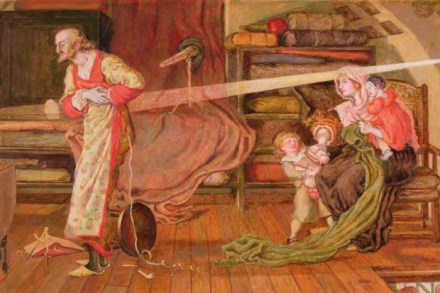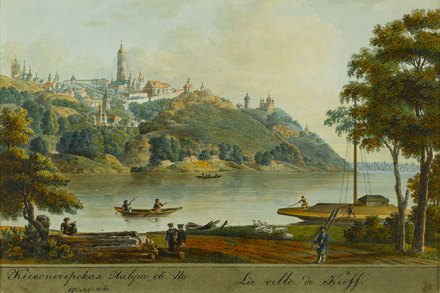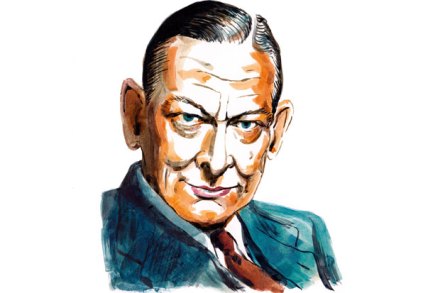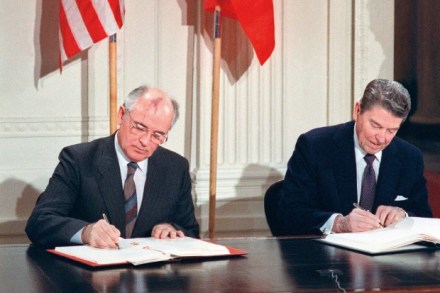An incurable Romantic
This biography of the craven Romantic and self-confessed ‘Pope of Opium’ concludes with the ominous words: ‘We are all De Quinceyan now.’ His life was shambolic but his legacy is strong. Many spores from his fevered mind have lodged in modern popular culture: his narcotic excursions inspired Baudelaire and Burroughs, his sensitivity to place influenced




















